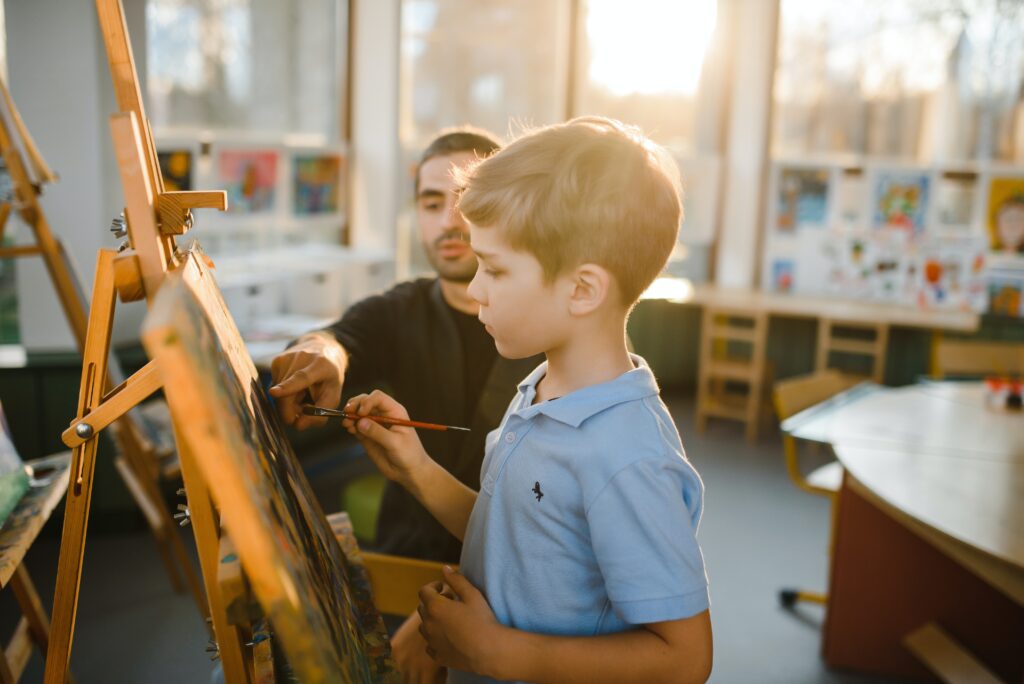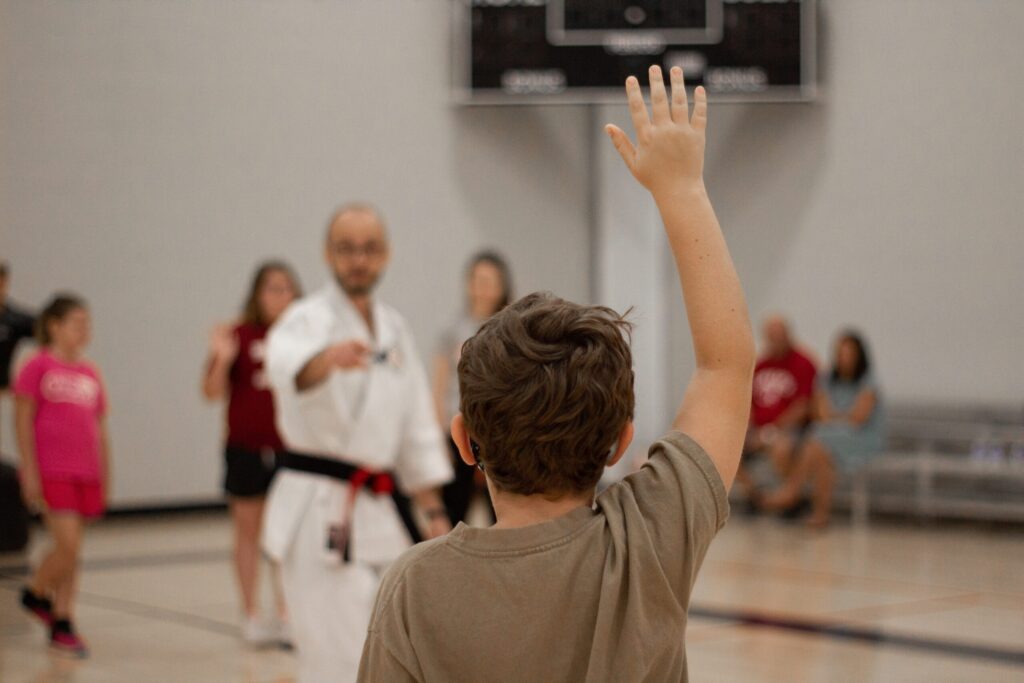Taking Agency in Learning

In the Western martial traditions the master of a school was typically an employee of the student, like a hired coach or tutor. In an art where a successful instructor was teaching many people above their own social station, the bowing and scraping usually came from the instructor—just the opposite direction to what we see in many martial cultures where the student must be subservient to their master.
Respect vs Devotion
The relationship between a teacher and a student in this tradition is ideally one of mutual respect and fulfillment. The student comes with a goal for their learning and enlists the instructor in helping them fulfill that goal. In turn the student offers the appropriate remuneration, and also the dedication of their time and attention to the learning of the art, both its techniques and its ideals.
There is a mutual respect and mutual trust required in this relationship. Both parties enter it with agency. Both parties are responsible for keeping up their end of the partnership as well as for getting what they came for.
A relationship of respect is based on an extension of trust. The student chooses to trust the process the instructor offers them (at least for a time). They recognize that to them not all learning paths will be familiar or obvious at the outset. The instructor chooses to trust that the student will be capable of learning what they have to offer, even though every student starts in a different place and may go through the learning process at different speeds.
In opposition, devotion-based relationships ask the student to place themselves without criticality or agency into the hands of another. Instead of being based on the active extension of trust, these contracts tend to be based on the suspension of self-respect. Not only are there risks in this type of relationship, there is a reduction of productive energy.
Agency vs Emptiness
As agent in your own learning, your power as a learner multiplies the effect of the instructor. You are now open not only just to receive but are actively seeking to understand, challenge, and participate in the education environment. Ideally I believe a student is seeking to build their own understanding using me, the teacher, as their resource.
In the opposite environment, where a student passively receives from the instructor and mindlessly performs action without agency, the student never truly owns the art they are practicing. They may take on a technique, but without critical questioning you never truly understand the boundary of right and wrong and of effective and ineffective in any action. The goal of techniques is to transport principles into your body, in order for both mind and body to achieve a higher understanding. Critical and active exploration is required to truly unlock the art and make it your own.
Taking agency in learning is not about challenging the instructor at every turn or only engaging with what immediately makes sense to you. It is choosing to be actively involved in the process of understanding. If I ask you to trust what I am sharing with you, it is not a request to turn off your critical mind, it is instead an invitation to turn on your curiosity and allow yourself to fully, and yet still critically, explore something you might not yet fully understand. Remember, I’m working to be a faithful and trustworthy instructor, not a tyrant.
An important thing to hold close is that agency and openness are not on opposite ends of a spectrum. When you find yourself being skeptical or frustrated with an instructor or a fellow training partner, ask yourself how you can turn up your curiosity and offer your energy to make the learning environment more effective for both of you.
The instructor and student are a team, not a hierarchy.




Responses